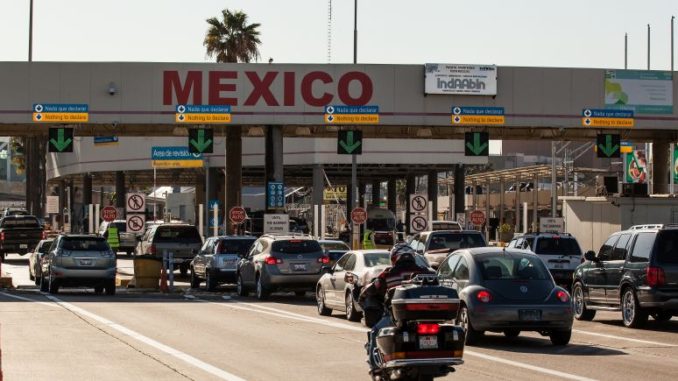
NAFTA negotiations are continuing this week in Washington D.C. This time, they matter.
The North American Free Trade Agreement was a target of Donald Trump’s rhetoric during the 2016 campaign, and addressing it was one of the easier promises for him to keep. He was elected as a businessman who had literally written (or had ghost-written from interviews) The Art of the Deal. He felt that NAFTA did not favor the United States. He would renegotiate or leave NAFTA. (The Hill)
He may yet leave NAFTA, but he is not renegotiating it. Despite President Trump’s carefully groomed image of being a negotiator, he handed that job over to U.S. Trade Representative Robert Lighthizer. Lighthizer has been skillfully attempting to gain the best terms for the U.S. while both keeping Canada and Mexico interested in continuing the pact and keeping Trump satisfied with his progress. As Trump’s main desire has been appealing to the “Rust Belt” auto worker unions that helped him get elected, auto construction has been the primary focus of the talks.
During the previous round of talks in Mexico City, the U.S. dropped one of its most combative demands, when the U.S. “softened its demands relating to the quantity of U.S. specific and regional content a vehicle must contain in order to be exempt from tariffs.” (Mexico News Daily)
That cleared the way for progress to be made. Unfortunately for those looking for a renegotiaion, the progress was limited. From Lightizer at the end of the seventh round of negotiations, h/t Xinhua:
“We have not made the progress many had hoped. Our time is running very short. I fear that the longer we proceed, the more political headwinds we will feel.”
He added that only six of NAFTA’s 30 chapters had been successfully closed with agreement by all parties.
The political headwinds he spoke of are why the eighth round of negotiations matter. Mexican elections are to be held on July first, and the candidate for an opposition party, an avowed leftist, holds a nine point lead in the most recent poll. (Reuters) Lopez-Obrador’s staff has recently said he would abide by any existing NAFTA deal, but the candidate has also indicated that, if it is still in the process of being negotiated and he becomes President of Mexico, he will expect to have a hand in any renegotiation.
Then there’s the United States elections, which are due in November. The Republicans have made no secret of their intent to vote through any negotiated deal in the lame-duck session following the election… but if Lopez-Obrador is seated, that may reasonably push back any final agreement and prevent a lame-duck vote. As the current polling in the United States shows the upcoming election to be potentially tumultuous or even devastating for the Republicans, they do not want to hand the Democrats control over one of Trump’s signature policies.
Those who trust the President fear the Democrats would torpedo his efforts in an appeal to their base. Those who distrust the President fear he would give Democrats many policy and fiscal wins in exchange for getting his revamped NAFTA through. Some who distrust both the President and the Democrats suspect both would happen.
There is significant pressure on the United States to abandon or reduce many of its demands if it wants to bring the negotiations to a speedy conclusion. Simple capitulation, however, could lead to a final draft which is worse for the U.S. than the original deal was, completely undermining Trump’s credibility as a great negotiator with the Rust Belt voters who supported him.
This is going to be the key round of negotiations. The financial markets will be paying close attention.

1 Trackback / Pingback
Comments are closed.